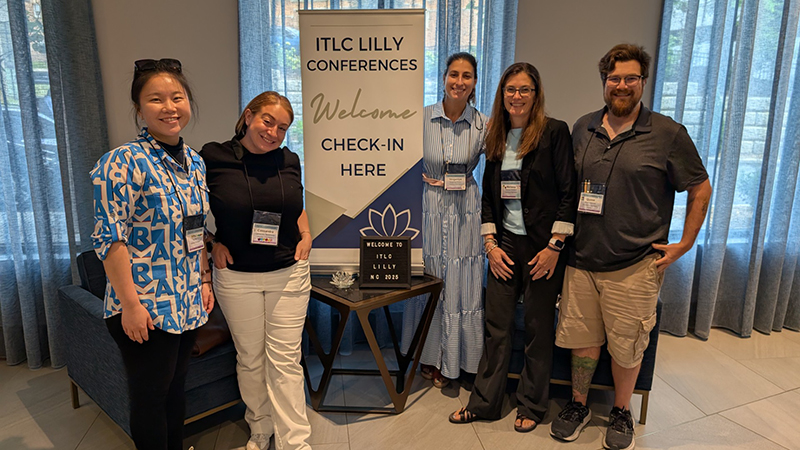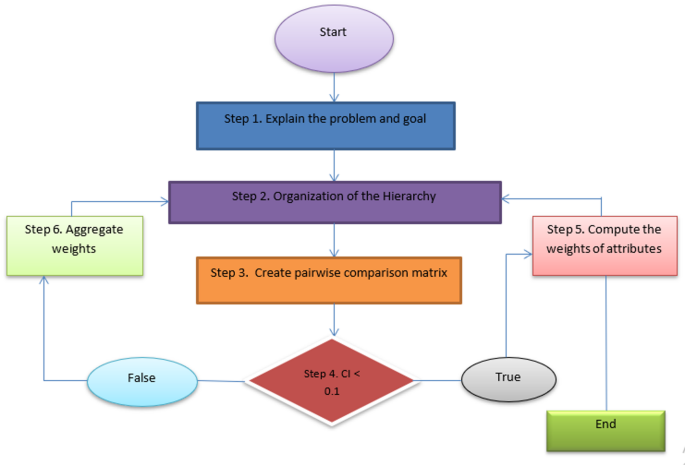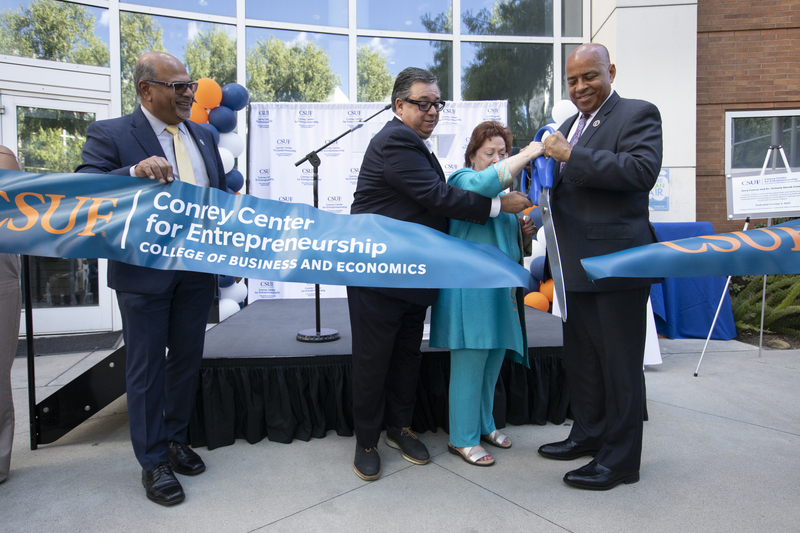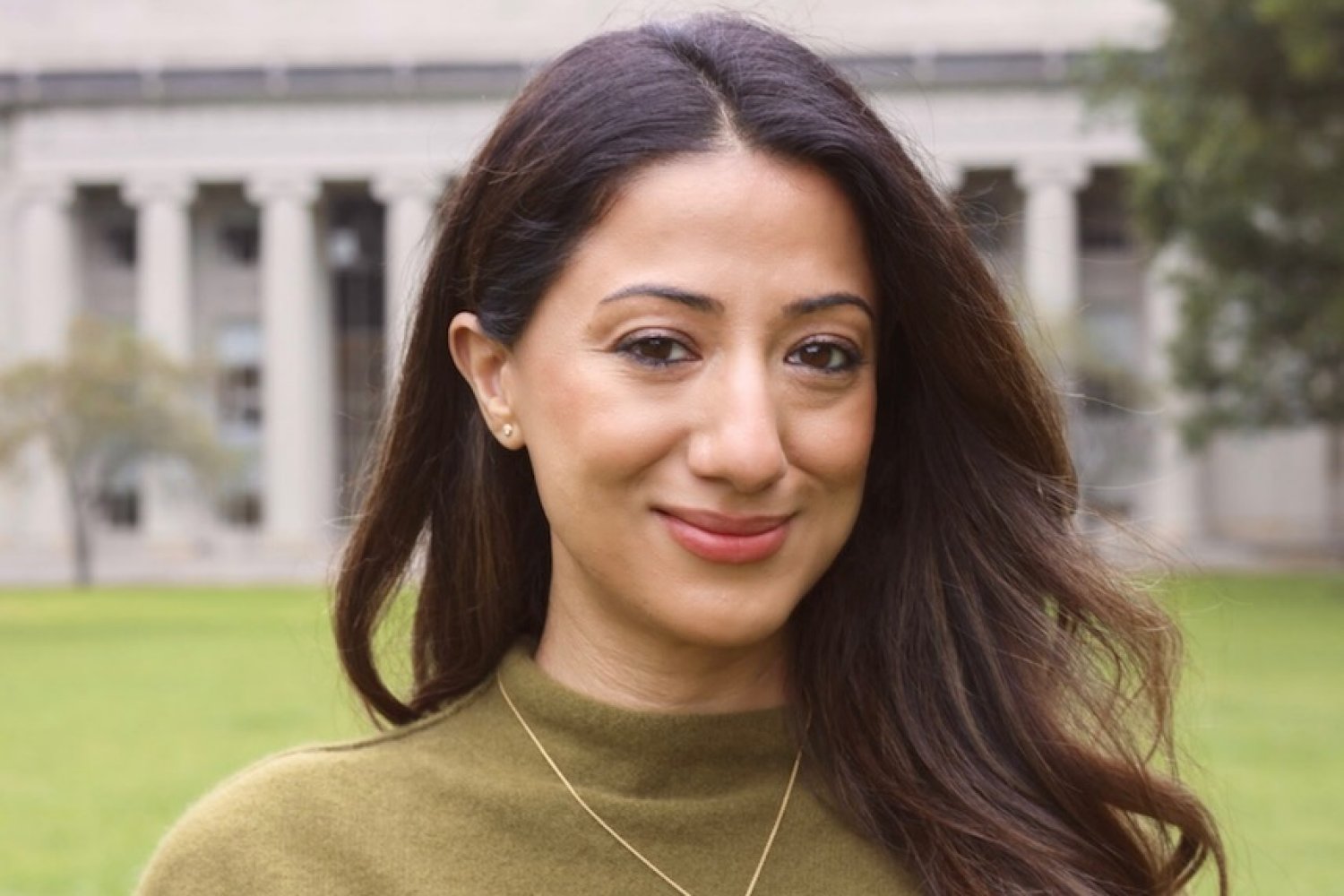New Center for Educational Innovation Helps Faculty Tackle Today’s Teaching Challenges New Center Tackles Teaching Challenges in Age of AI
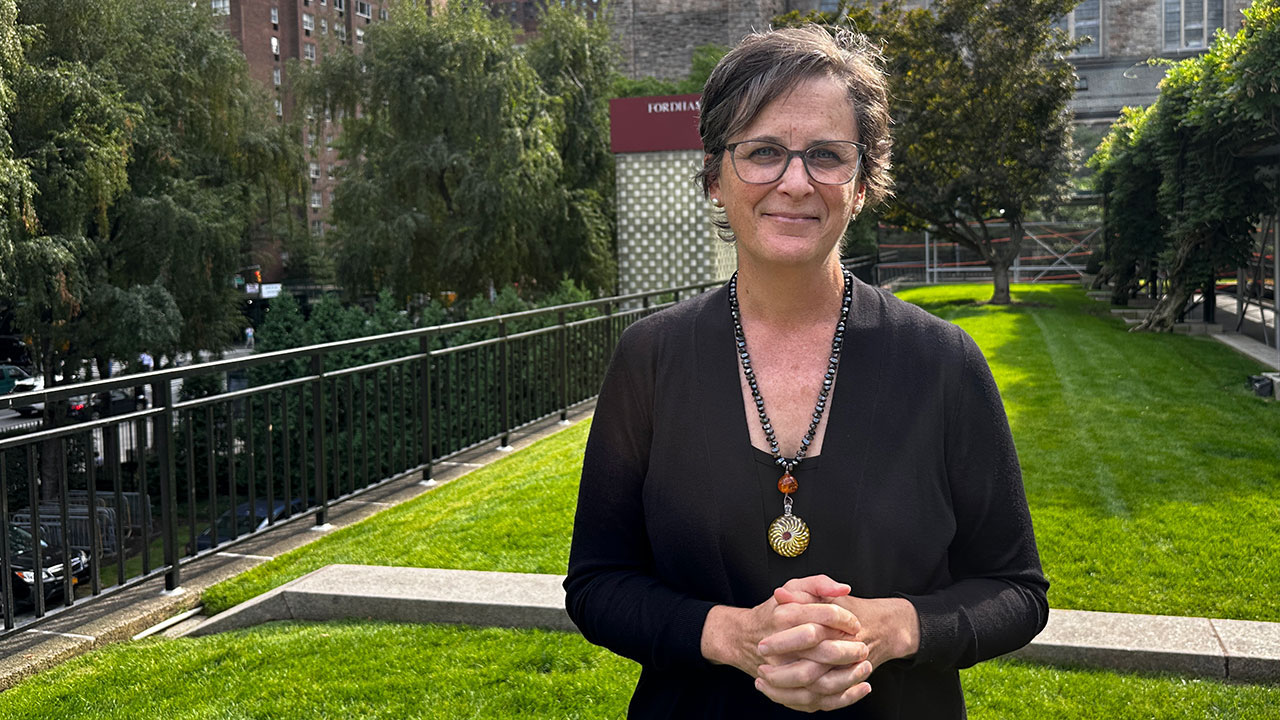
This academic year began with a new resource for faculty as they consider how to teach in the age of artificial intelligence: the Center for Educational Innovation. Its mission is to help faculty inspire the best learning in a particular subject, with or without technology, and to incubate new teaching and assessment methods.
“This generation of students learns in different ways,” said Dennis Jacobs, Ph.D., provost and senior vice president for academic affairs. “And this center is about helping faculty reflect on their practice of teaching and focus on how students learn.”
The center will soon be housed in the LITE Center at Rose Hill, followed by a Lincoln Center counterpart, and will be staffed to achieve three key goals: support learning and instructional design; foster innovative teaching practices; and conduct research and assess innovative teaching methods.
At its helm is the center’s inaugural senior director, Meg Konkel, Ph.D., who comes to Fordham from Radford University in Virginia, where she taught design thinking.
To foster discussions on pedagogy, Konkel has already begun a series of workshops for faculty on active and problem-based learning, authentic assessment, and other topics (email the center for details on upcoming sessions: [email protected]). She also welcomes individual faculty members to reach out to her with pedagogical questions or to propose workshop ideas.
Support on Three Levels
Konkel is doing pedagogical problem-solving on three levels: one-to-one consulting, department-level discussions, and school-wide mentoring. Already, she is in discussions with individual professors about their teaching practices. At the department level, she is helping the English department think thoughtfully about how to teach writing, given the ubiquitous AI tools available to students. And for Arts and Sciences faculty as a whole, she is helping the undergraduate and graduate schools make sense of the existential threat AI poses to traditional disciplines and teaching models.
It’s at this third, broader level that she sees the greatest potential for scaling innovative teaching practices across the University. Currently, Konkel is thinking about how to “batch” the work the center does as part of an Innovation Fellows pilot program she is developing to bring students and faculty together to work on teaching models.
“We’ve got all these individual faculty who are redesigning their courses in response to generative AI. Can we batch this work? How can we collectively pool our resources and develop models that translate out beyond one faculty member?”
Doing the Work = Doing the Learning
AI is an unavoidable topic, but it’s not the center’s main concern.
“We have to really zero in on good pedagogy—and whether we do it with AI or without AI is less relevant,” said Konkel.
She references a point in Learner-Centered Teaching by Terry Doyle, as a lodestar for rethinking teaching practices: “Whoever’s neurons are firing most in the room, they’re the ones doing the learning. When the faculty member is the one doing all the talking, they’re the ones whose neurons are firing the most. So how can we put the work on the students so that they really engage meaningfully with the content?”
link

